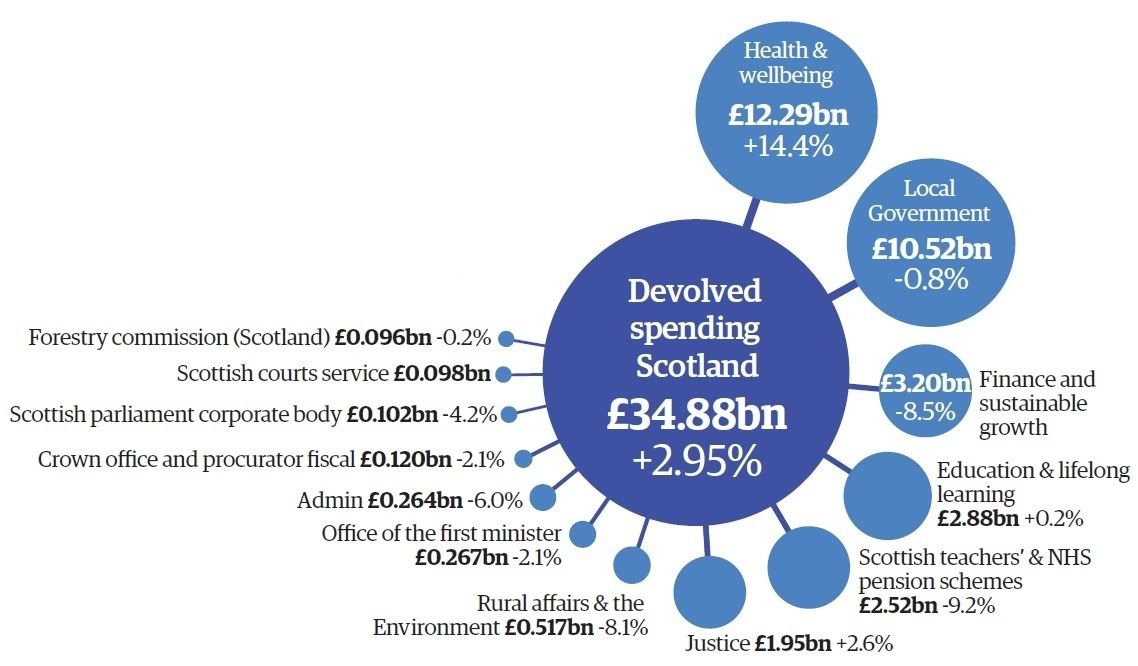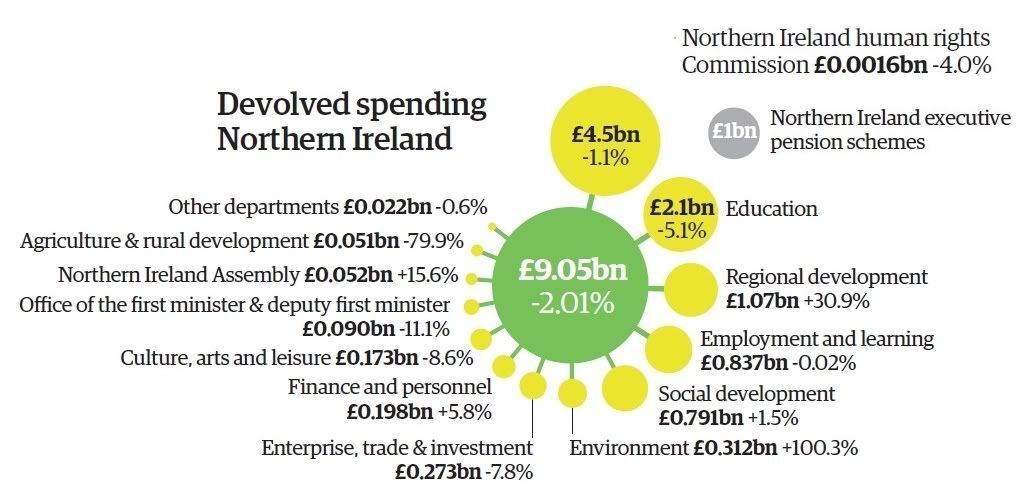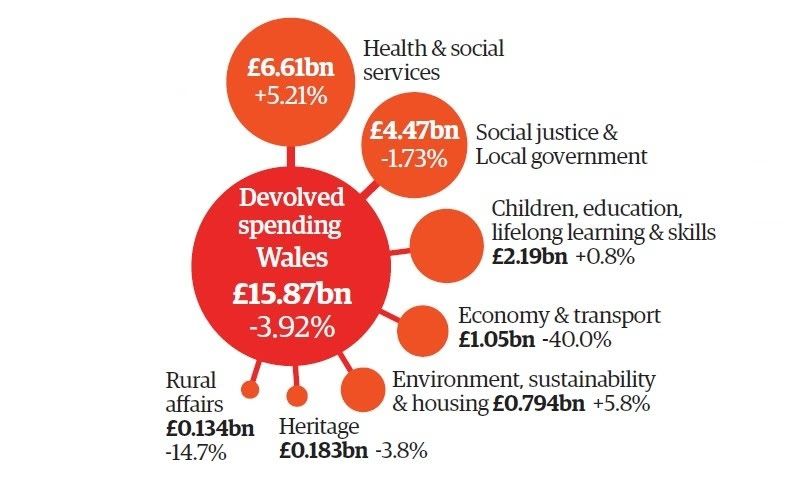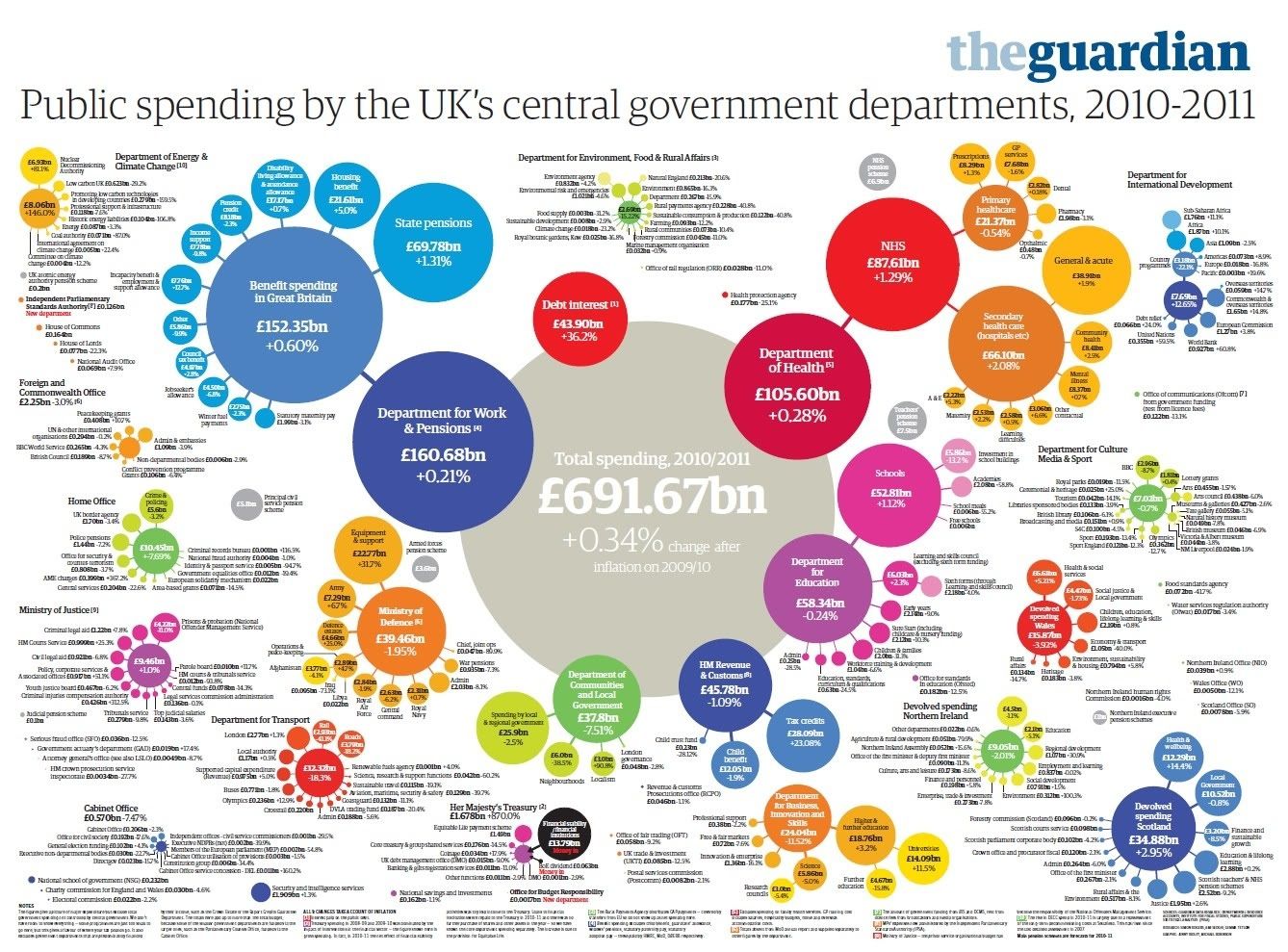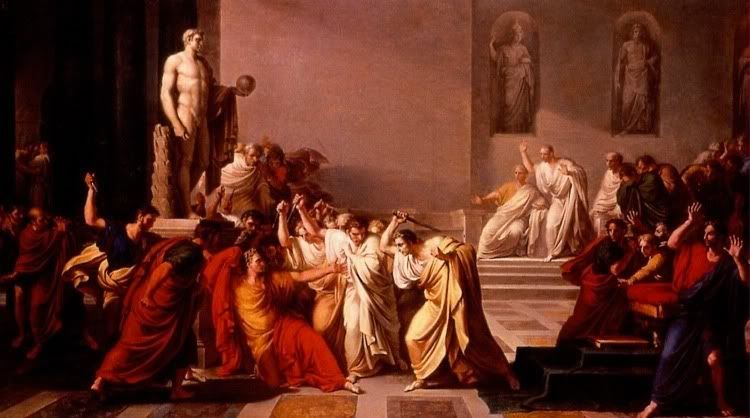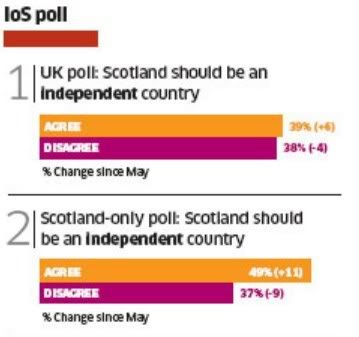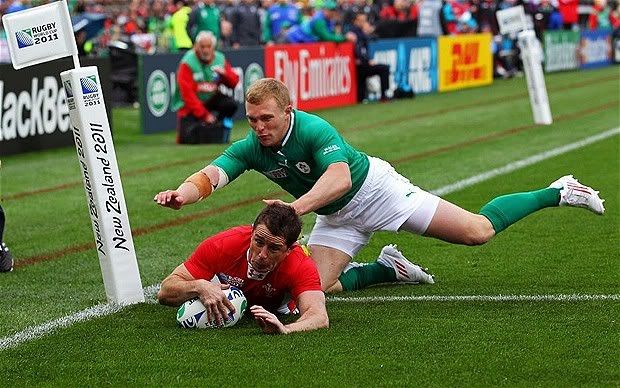I am not entirely surprised by the reaction of S4C to the funding deal that has recently been announced, but I am very disappointed by it. To me, the S4C Authority has lost all backbone in standing up for itself. The change of Chair and the announcement of a new Chief Executive seems if anything to have given it a more supine attitude. This is an organization that has not only accepted a position of subservience to the BBC, but seems satisfied with it.
I've written about S4C on may occasions (click here for the posts), but reducing this to three bullet points:
• S4C should not have escaped cuts to funding, but those cuts should not have been more severe than for the BBC
• a replacement funding formula needed to be agreed and set out in law
• S4C should have complete independence from the BBC
Against each of these criteria, S4C has come out badly.
Proportionate cuts
As I noted in this post in May, S4C has suffered a cut in funding of about 24% compared with the BBC's cut of 16% [as Dai Toms notes in the comments below, the actual BBC cut is less than this, making the discrepancy worse than I thought]. Nothing has happened to change this fundamental unfairness in the way the two public service broadcasters have been treated. When I wrote that post, the Welsh Affairs Select Committee had just published its report, in which they made exactly the same point:
98. Any reduction in S4C’s funding should be comparable to other public service broadcasters. We call on the DCMS to ensure that this is the case.
As I said at the time, the deal had been agreed between the BBC and DCMS, so the best way of dealing with the shortfall would be to increase the DCMS subvention. I reckoned this would be in the order of £10m, but the Tories and LibDems on the WASC failed to get even this concession from their government.
A replacement funding formula
In the BBC/DCMS agreement, funding for S4C was only set out until 2015. It did not address long-term funding. I agree entirely with what the WASC had to say on the matter in their report:
100. We recommend that the Government confirms the funding of S4C beyond 2014-15 as soon as possible. Without this certainty, S4C will not reasonably be able to develop its future strategy. Therefore, we believe that it is essential that there is a long term funding formula enacted in primary legislation.
Again, the Westminster government has completely ignored this recommendation. What we have is a situation in which the proportion of S4C's funding received from the television licence fee after 2015 will be entirely determined by the BBC without reference to anyone else.
There is no reason for S4C to have accepted this as passively as they have. The sanction open to S4C was that if it could not agree a funding arrangement with the BBC it could refuse it and the licence fee would be reduced by an equivalent amount. This would mean that the BBC would not get an unfair windfall by using S4C's money for something else; but would have meant that S4C would need to be funded by the Treasury through general taxation as it has been up to now. Of course there might be disagreement on what that sum should be, but it would at least have been decided by a democratically elected government rather than an unelected BBC.
Yet S4C has rolled over and agreed to give this up and put itself entirely at the mercy of the BBC for the bulk of its future funding. I think they are complete fools to do this. Of course the figures announced for 2016 and 2017 are not too bad (although they're not too good either, for although the licence fee is frozen the number of licences increases by about 100,000 each year) but there is absolutely no guarantee what the BBC will do when its next funding settlement is agreed for the period after 2017.
As I've said before, I think the idea of S4C getting the bulk of its funding from the television licence fee is a clever idea, for if done with the right safeguards it would ensure that the BBC and S4C, as publicly funded public service broadcasters, would in future be treated equally. In my opinion what should have been agreed was that S4C would receive a fixed percentage of the licence fee income. S4C have now contracted themselves into a future funding relationship with the BBC without having any idea what the BBC will do after 2017. They've shown all the gullibility of someone suckered into a long term contract purely on the basis that they get a good deal for the first few months.
Independence from the BBC
The consequences of letting the BBC decide S4C's funding are severe. If the television licence fee had been top-sliced as recommended by the WASC, S4C would have been free to do what it wanted with the money, subject only to its proper democratic accountability to government. But because S4C has now allowed the BBC to determine its income, it becomes necessary for the BBC to have representation within S4C to see that what it will now regard as its own money is well spent. The idea is as ridiculous as letting representatives from rival television channels such as ITV, Channel 4, Channel 5 and Sky have representation on the board of the BBC. And although the details are not entirely clear, the BBC will also have a say on the appointment of the other members of the Authority.
If the BBC are allowed to put their own representative on the S4C Authority and influence the make up of the remainder of the S4C authority, then S4C is no longer independent, irrespective of the funding arrangements.
For all the BBC's protestations about allowing S4C to be independent, what the BBC mean is operational independence, in BBC-speak, that's the same sort of independence that, say, BBC2 has within the BBC. That's not independence, that's a very short leash.

At this point I should perhaps touch again on cooperation between the BBC and S4C. I am all in favour of cooperation, especially when it has the potential to reduce overheads and duplication. But cooperation should be something that is agreed rather than imposed. S4C will not be able to stand up for itself and its interests in the sort of relationship that has now been agreed.
The sad fact is that the BBC is no good friend of the Welsh language. In fact it has a very poor track record. To repeat what I said in this post, we need to be under no illusions that the BBC can be particularly ruthless in pursuit of its ends, especially when its own back is against the wall. In October last year, it made the unilateral announcement that it would cut spending on the Welsh language programmes it provides to S4C from £23.5m to £19.5m.
The BBC would no doubt say that is was at that time providing about 12 hours a week of Welsh language programming to S4C, and that it was only legally obliged to provide 10. But when S4C was first set up in 1982 there were only three other free-to-air channels available (BBC1, BBC2 and ITV) plus non-peak Channel 4 programming. In 1982, the BBC could not have broadcast more than about 36 hours a day; but now, on a typical day, the BBC broadcasts about 140 hours of programming to Wales, i.e. about four times as much as it broadcast in 1982. When repeats are taken into account the amount of original programming will be rather less, but I'm sure the BBC is producing or commissioning at least three times more English language output than it was in 1982. If they had treated English and Welsh on the basis of equality, it would mean they should now be providing about 30 hours a week of original programming to S4C. This would cost them about £60m a year.
So yes, the BBC does need to have a significant input into how more television programmes in Welsh are made, but a more equitable arrangement would be for them to have full control over how their 30 hours of programming a week, paid for out of the share of the licence fee that is given to them, is produced; but for S4C to have full control over how the percentage of the licence fee that is given to them is used.
-
But what hope is there of that now? As the BBC reported in the first link I gave everyone is falling over themselves to say how good a deal it is ... but that is of course understandable, for the BBC are the big winners. Yet this puts those of us who want to see a strong, independent S4C into an awkward position.
What's the point of fighting for something better if S4C themselves are not prepared to sound one note of disappointment with either the deal, or with the government in Westminster that has refused to make the changes recommended by even its own MPs on the WASC? We could have taken this crisis in Welsh language broadcasting as an opportunity to improve S4C, but we seem to have ended up with something even worse than before: bigger cuts than at the BBC resulting in less programming, an S4C that is now firmly under the control and in the pocket of a BBC with a track record of treating Welsh less favourably than English, and an S4C that isn't prepared to kick up a fuss about the unfairness.
